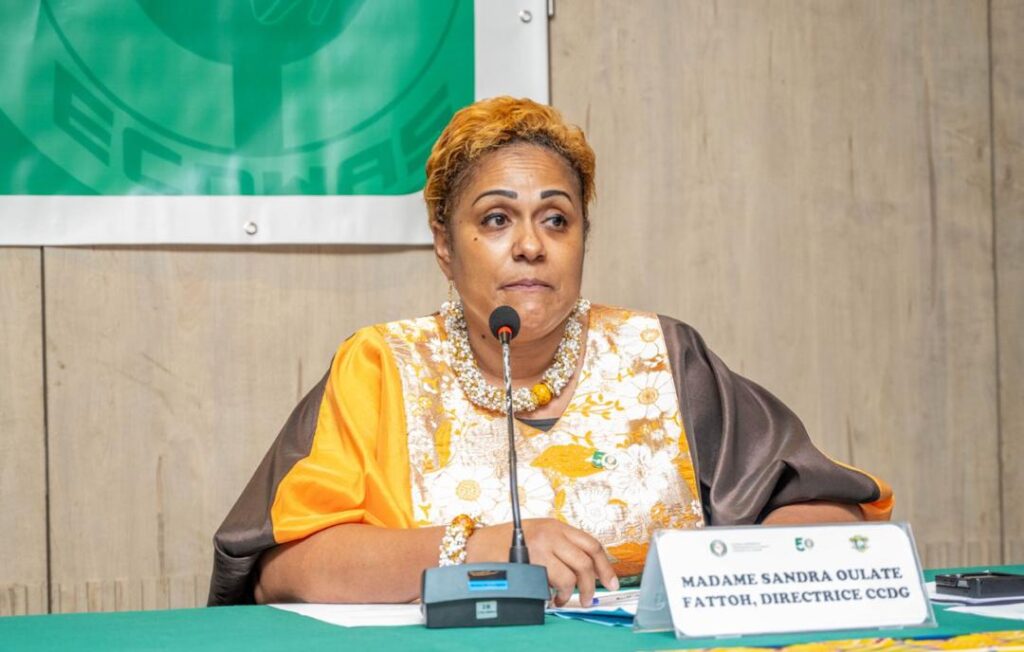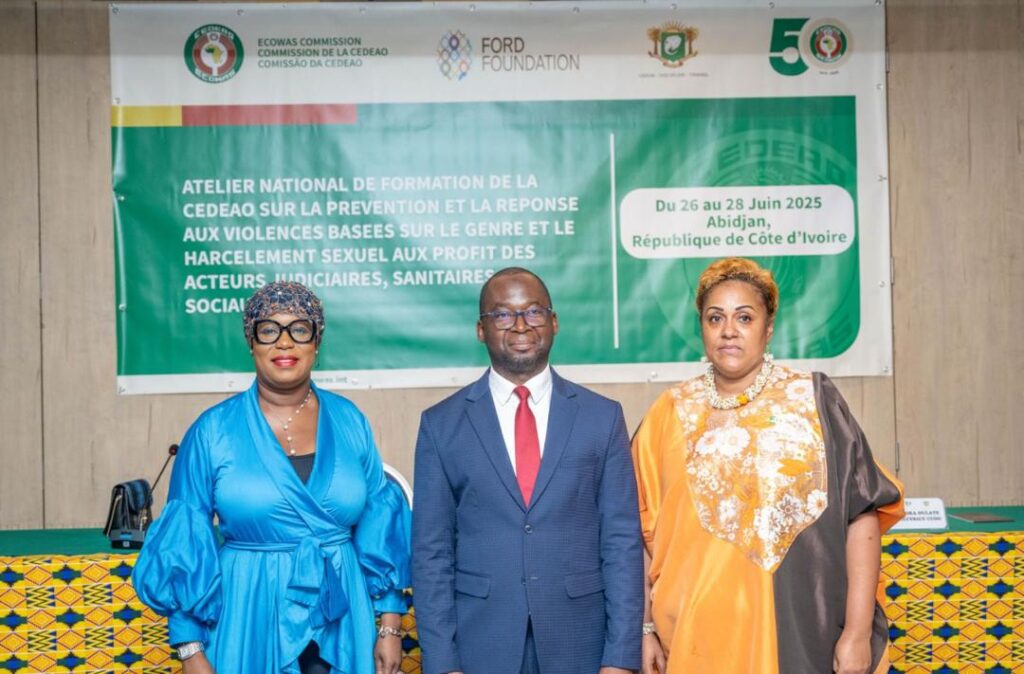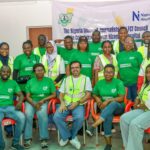ECOWAS and Côte d’Ivoire Collaborate to Combat GBV, Host National Stakeholders Workshop in Abidjan.
By Raymond Enoch
In a landmark push to curb gender-based violence (GBV) and sexual harassment in West Africa, the Economic Community of West African States (ECOWAS), through its Centre for Gender Development (CCDG), has launched an intensive national training workshop in partnership with Côte d’Ivoire’s Ministry of Women, Family and Children.

Held from June 26 to 28, 2025, in Abidjan, the three-day initiative marked a significant escalation in regional efforts to operationalize the 2021 ECOWAS Strategy on Eliminating Violence Against Women and Girls. The event brought together a powerful coalition of judicial officers, healthcare workers, and social service providers—all crucial to building a united, victim-centered front against the scourge of violence.
The workshop aimed to bolster the technical capabilities of frontline responders in detecting, preventing, and managing GBV and sexual harassment, fostering a more synchronized national approach to victim care.
Addressing participants during the opening ceremony, Moussa Diarassouba, Chief of Staff to the Minister of Women, Family and Children, sounded a clarion call for urgency.

“These overwhelming figures are voices crying out for justice, redress and protection. Inaction is no longer an option,” Diarassouba declared.
He urged judicial actors to commit to ending impunity, called on health professionals to provide comprehensive medical and psychological support, and emphasized the role of social workers in facilitating the social and economic reintegration of survivors.
The high-level engagement also drew praise from Ambassador Fanta Cissé, ECOWAS Resident Representative in Côte d’Ivoire, who hailed the country’s proactive stance in tackling GBV. “The challenges are immense and require the combined efforts of all to achieve zero tolerance for gender-based violence and sexual harassment,” she asserted, noting the increased incidence of violence during the COVID-19 pandemic.
Sandra Oulaté-Fattoh, Director of the ECOWAS Centre for Gender Development, highlighted the strategic role of professionals in the fight, stressing the need for deeper awareness and practical training.
“To fulfil this role effectively,” she noted, “you need training that helps you recognize the signs and symptoms of GBV and harassment—even when victims are silent.”
Participants explored the cultural, social, psychological and economic dimensions of gender violence, learning how to engage in trauma-informed care and build interdisciplinary referral networks for survivors.
According to ECOWAS data, more than 10% of women in the region suffer from physical, sexual or emotional violence—often in their own homes. These already grim figures worsened during the COVID-19 pandemic, with some countries recording a 50% spike in cases.
Côte d’Ivoire alone reported 9,607 GBV cases in 2024, affecting 7,950 women and 3,290 children, as per official statistics. These numbers represent only the tip of the iceberg, experts warned, due to widespread underreporting driven by stigma and fear.
The workshop culminated in the participants’ commitment to adopting survivor-centered practices, enhancing inter-agency collaboration, and intensifying community outreach and awareness campaigns.
With the support of ECOWAS and the dedication of national institutions, Côte d’Ivoire is now positioning itself as a regional leader in the fight against GBV—turning policy into protection and training into tangible change.
As Sandra Oulaté-Fattoh put it:
“Ending gender-based violence isn’t just a moral imperative—it’s a collective responsibility.”










